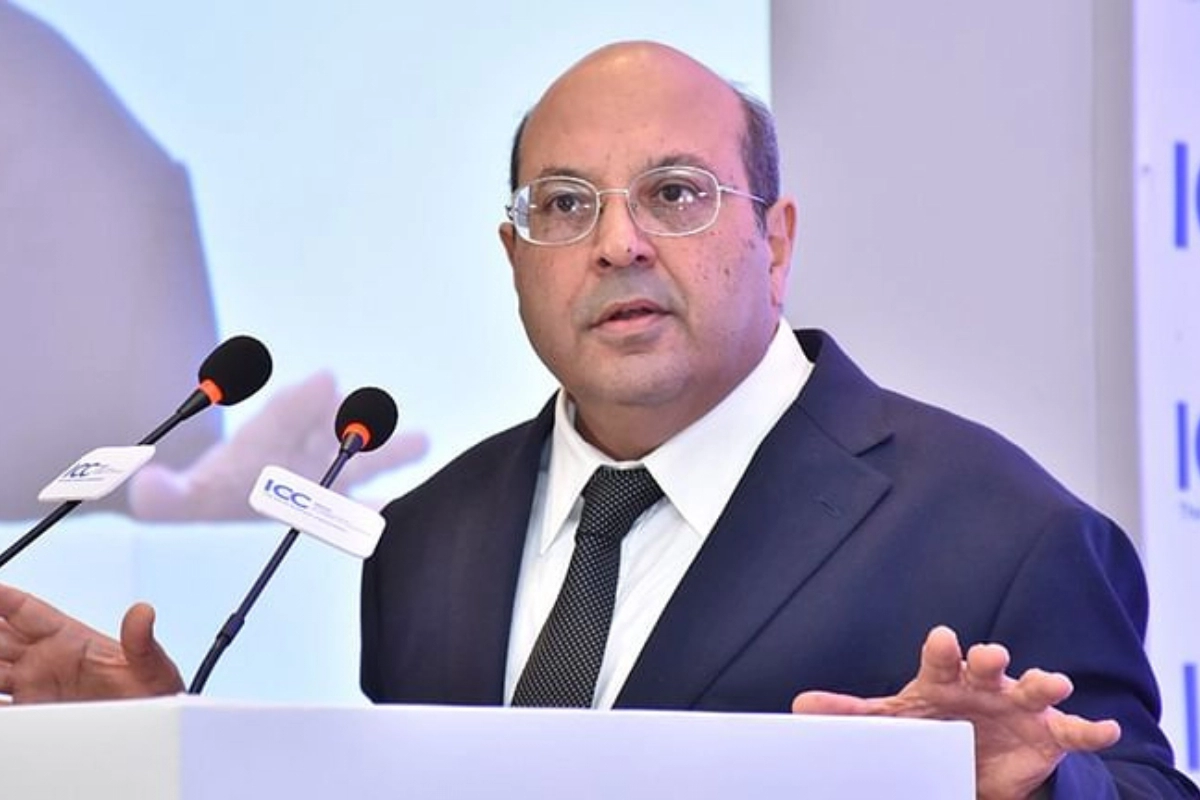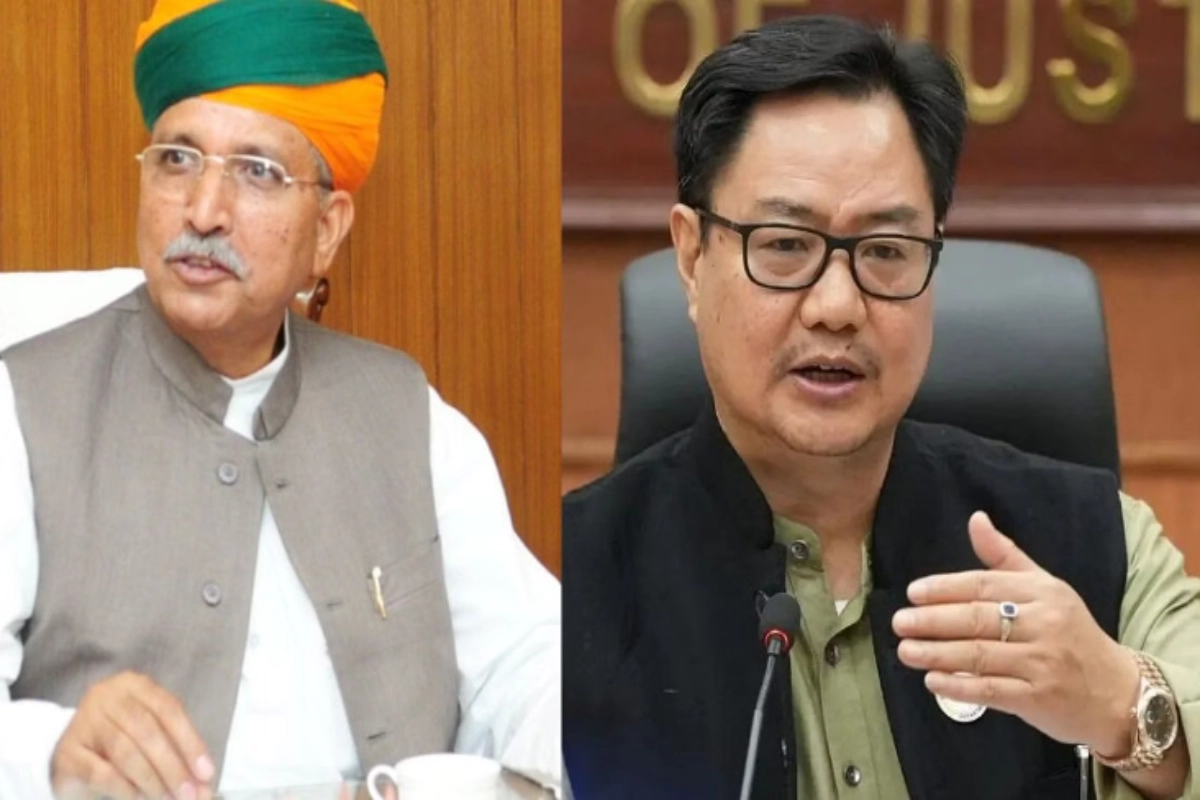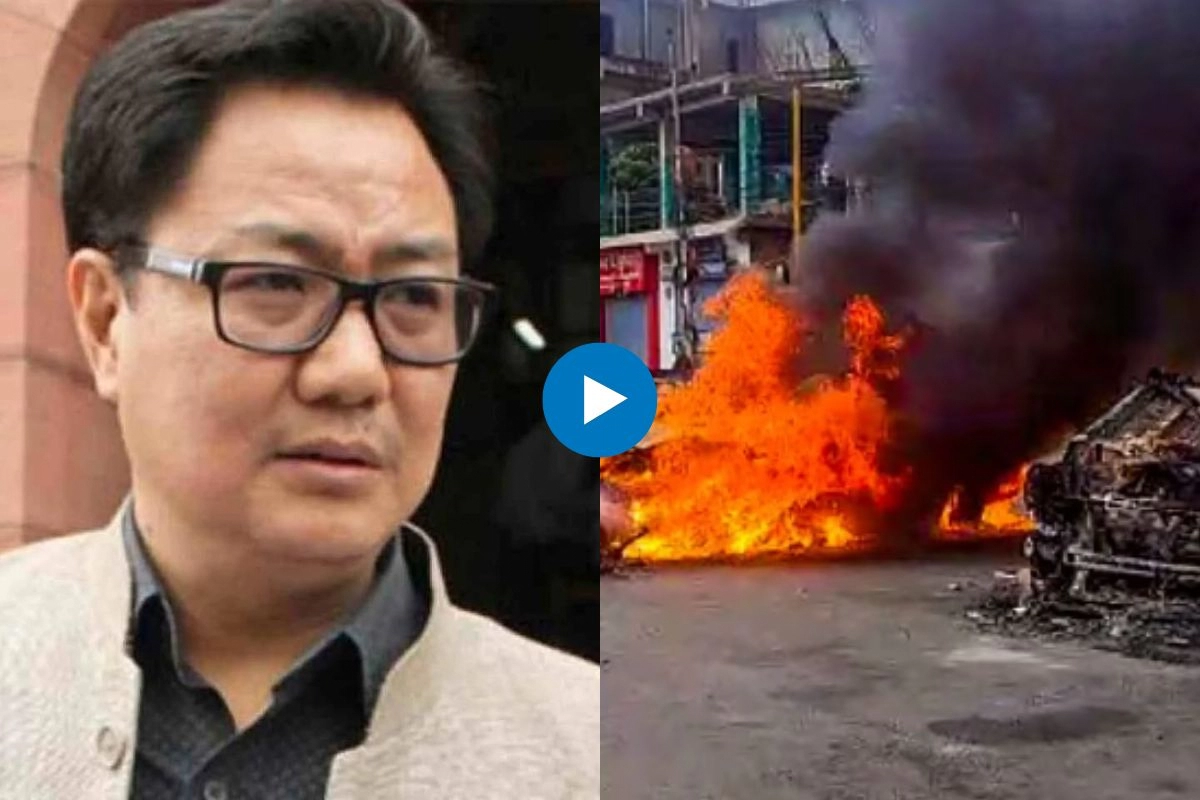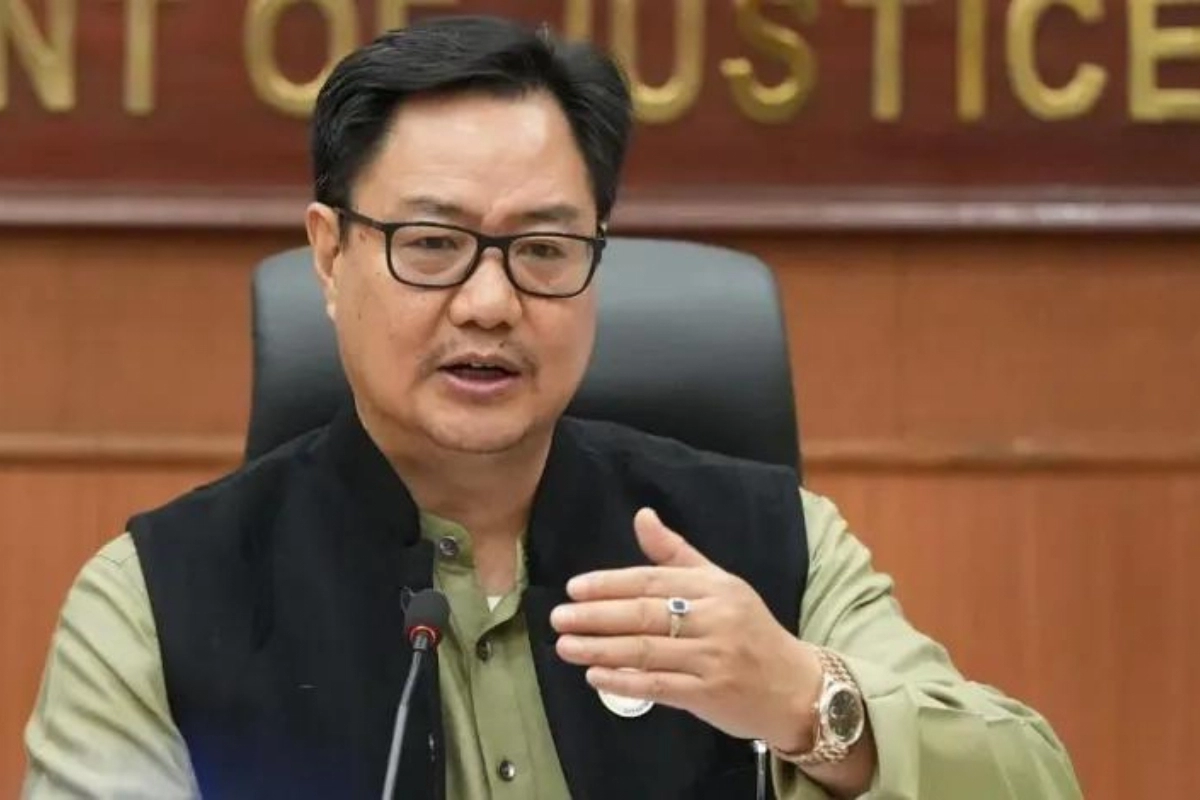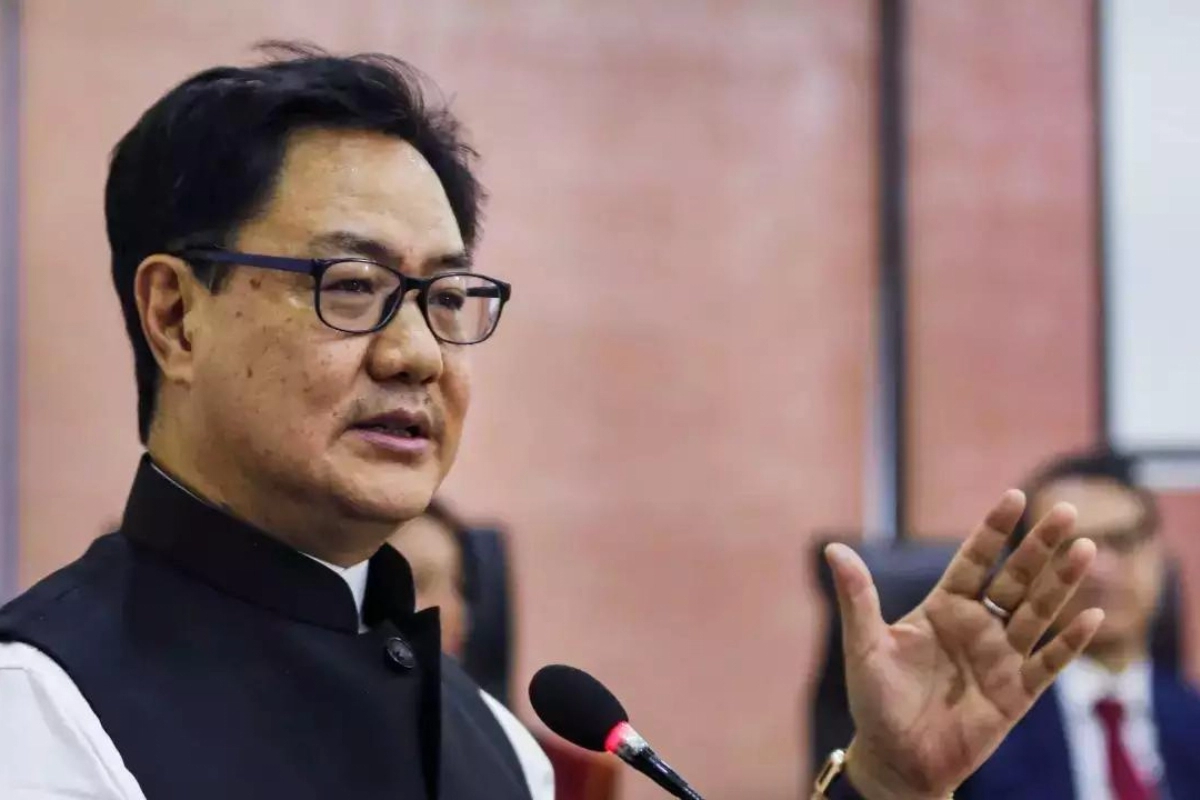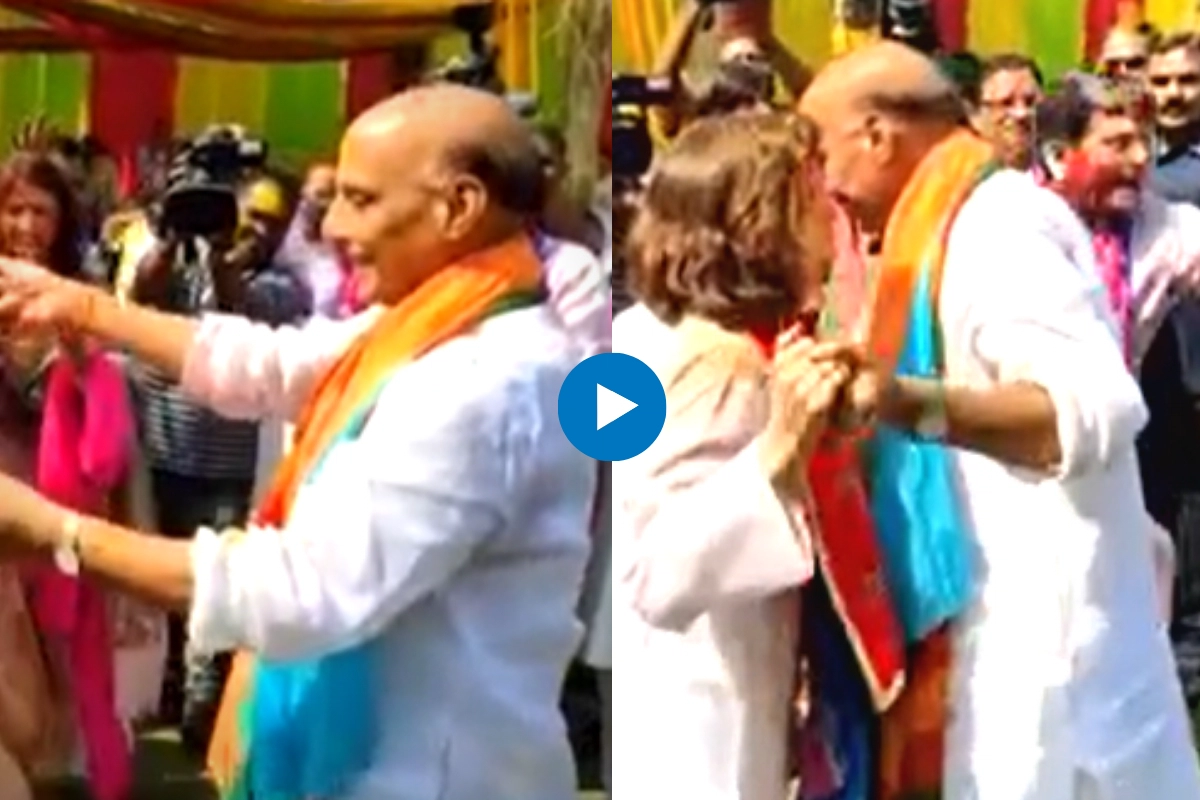New Delhi: Rohinton Fali Nariman, a former Supreme Court justice, criticised Kiren Rijiju, the Union’s minister of law, and claimed that democracy would be “deadly” endangered by the government’s decision to hold off on appointing justices who had been recommended by the collegium.
What did Nariman say?
Nariman said, “This sitting on names is a very deadly thing against democracy of this country. Because what you are merely doing is you are waiting for a particular collegium and hoping that the next collegium changes its mind. Appointment must be done within a reasonable time period.
After retiring in August 2021, Nariman continued to serve on the Supreme Court’s collegium. Rijiju has often questioned the collegium method of selecting judges, claiming that it is “opaque and not transparent.” The retired judge said that the independence of the court was a fundamental constitutional value in this case and was essential for democracy.
The Supreme Court’s decision to invalidate the National Judicial Appointments Commission (NJAC) Act was recently characterised by Vice President Jagdeep Dhankar as a serious breach of parliamentary authority.
Also Read: Mughal Garden is now ‘Amrit Udyan,’ Govt. renames Rashtrapati Bhawan’s iconic property
Nariman reminds of fundamentals
Nariman said, “We have heard a diatribe by the Union law minister of the day against this process (appointment of judges). Let me assure the law minister that there are two very basic constitutional fundamentals he must know.” He continued further by saying, “One fundamental is that unlike the United States, a minimum of five unelected judges are trusted with the interpretation of the Constitution. So, this constitution bench is trusted to interpret the constitution and once they have done this it is your bounden duty as an authority to follow that judgment.”
He also remarked, “You may criticise it as a citizen I may criticise it no problem but never forget you are an authority and as an authority you are bound by the judgment…right or wrong.” Senior judges would also be contacted in addition to the CJI, it was eventually determined, according to Nariman, who added that in the end, the judiciary assumed control of the appointment procedure.
Keep watching our YouTube Channel ‘DNP INDIA’. Also, please subscribe and follow us on FACEBOOK, INSTAGRAM, and TWITTER


